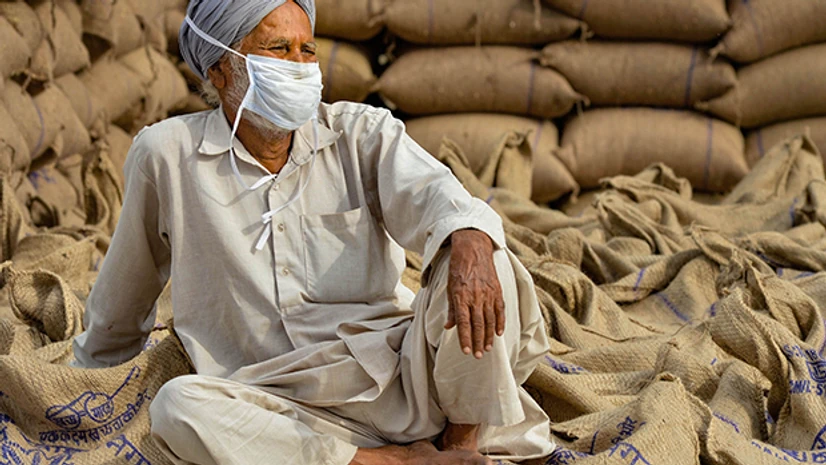The National Green Tribunal (NGT) on Wednesday directed the agricultural department of the Uttar Pradesh government to conduct a study to assess the impact of arsenic on the food chain.
The green panel noted that the Uttar Pradesh Jal Nigam had identified 310 hamlets situated in 179 revenue villages of Ballia and 165 hamlets in 49 revenue villages in Lakhimpur Kheri, where shallow ground water is found to contain arsenic in excess of permissible limit of 0.05 micrograms per litre prescribed for potable water by Bureau of Indian Standards.
A bench headed by NGT chairperson Justice A K Goel asked the department to prepare the impact assessment plan in six months' time alongwith mitigation strategy like change in cropping pattern, modification in agricultural practices etc.
The direction came after perusing recommendations filed by an oversight committee headed by former high court judge Justice S V S Rathore.
The tribunal accepted the recommendations of the committee and said necessary action may be taken by the concerned Departments of the State of Uttar Pradesh which may be further monitored by the Oversight Committee.
Also Read
The committee recommended that the work of dismantling the hand pumps in arsenic polluted habitations has not been done and should be completed in the next 3 months and responsibility for negligence be fixed by the chief secretary.
Health Department may conduct a health survey in the affected areas in the next three months and present a micro plan indicating the health hazards and their mitigation strategy to NGT in six months' time, it said.
The committee also recommended that the Panchayati Raj Development may work out a plan for ensuring involvement of Panchayats in operation and maintenance of these projects.
Water Harvesting Schemes for harvesting rain water may be aggressively pursued in these villages. The State government may make extra budgetary provisions/extra allocation in MGNREGA for Water Harvesting Schemes in these villages, the committee said.
The matter is posted for next hearing on February 1 next year.
The tribunal was hearing a plea filed by UP resident Sunita Pandey and others seeking directions to deal with the problem of contamination of groundwater due to arsenic and availability of clean drinking water in Bahraich, Ballia, Balrampur, Bareilly, Basti, Bijnor, Chandauli and certain other districts in Uttar Pradesh and other similarly affected areas.
(Only the headline and picture of this report may have been reworked by the Business Standard staff; the rest of the content is auto-generated from a syndicated feed.)

)
